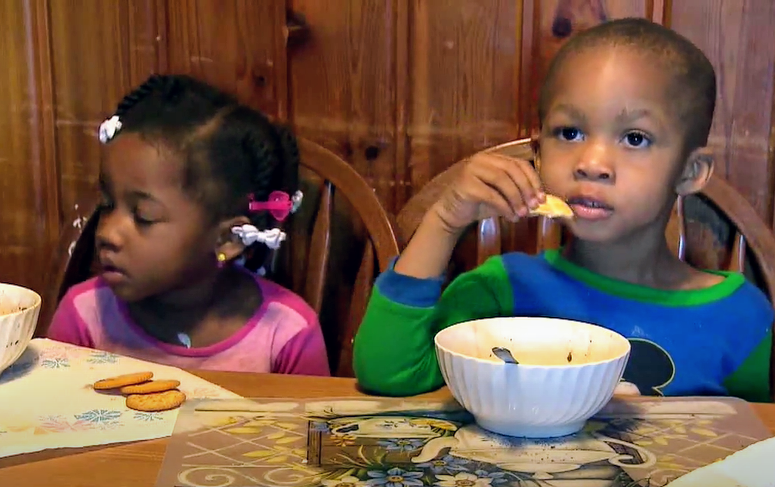First of all, take it easy! Picky eating is a common parenting challenge and the cause of epic brawls in many families. It is, of course, quite frustrating to cook a healthy meal only to have some stubborn kids refuse to eat or even taste it. But a more rational concern is: Are my children getting all the nutrients they need to grow well?
The peak period of picky eating is between ages 2 and 6, a phase during which children seek more autonomy. According to Jill Castle, a pediatric dietitian and founder of the Nourished Child, if you have a picky eater, it's because your child is moving through a typical developmental stage. She said it's important to take the nutritional long view: One or even 10 meals will not make or break your child's diet. In fact, it's reassuring that she also notes most picky eaters are still getting all the nutrients they need for their development.
Parents should start by setting a good example. "If you're not eating fruits and vegetables every day, your child will notice," says Claire McCarthy, a primary care pediatrician at Boston Children's Hospital and an assistant professor of pediatrics at Harvard Medical School. Perhaps their child won't eat the healthy dishes, but the more the food becomes familiar, the more likely the child may be persuaded to try. And, as often in education, the earlier, the better.
Changing your approach to picky eating does not mean giving up on healthy meals, but understanding that a few attempts are not enough to really encourage obstinate toddlers. Parents should instead try to include healthy foods in their child's diet every day and at every meal, explains McCarthy.
Begging, bribing, and badgering are not recommended in the matter of picky eating. The more parents focus on what their kids are eating and tend to cajole or bribe them, the more oppositional the kids are likely to behave. The key is to remain as neutral as possible in dealing with this kind of issue.
Another important point: "Picky eating is often less about the food and more about whether the child is enjoying coming to the table. If the table is just drudgery, pressure, and eating and behavior critiques, it’s not going to be pleasant. A goal should be not to talk about food at the dinner table at all," says Castle.
Another helpful advice (something that kids may not approve of) for parents would be to avoid becoming short-order cooks. "If your child won't eat the meal everyone else is eating, the alternative should be something healthy and boring — like unsweetened cereal with milk — not nuggets and fries," advises McCarthy.

Picture: Picky eaters (YouTube)



